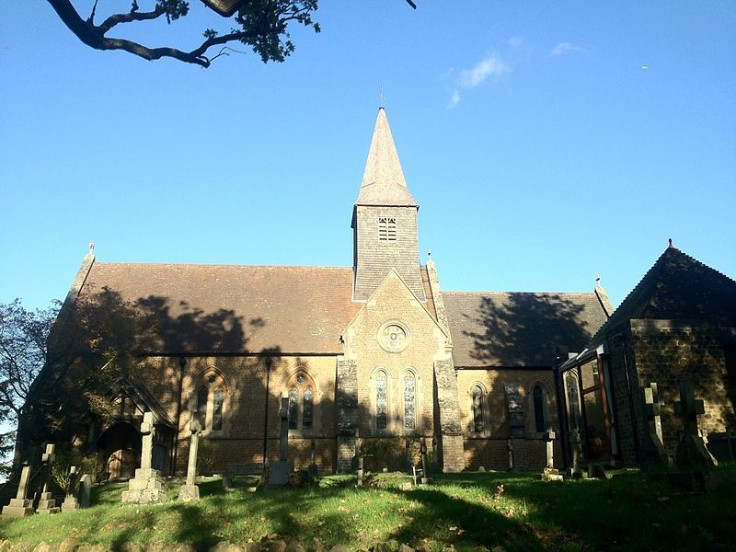Britain 2012: God, No. Life After Death, Yes

Fewer Britons people believe in God than they do in life after death, with three quarters saying they never or rarely attend religious services.
The survey, by the Institute of Education's Centre for Longitudinal Studies, found that 49 per cent of people think there is 'definitely' or 'probably' an afterlife, while 31 per cent said they believe in God.
Of those who do believe in God, 13 per cent do so without doubts and 18 per cent have some doubts.
The survey looked at over 9,000 people born in 1970. Analysis of the participants showed that 31 per cent were not brought up in any particular religion.
Another 31 per cent were raised in the Church of England, 14 per cent were brought up Christian and 10 per cent were Roman Catholic.
When the participants were asked if they felt they belong to a particular religion now, 47 per cent said no, 21 per cent said Church of England, 15 per cent said they were Christian and seven per cent said Roman Catholic.
Only seven per cent of participants said they attend religious services once a week or more and 16 per cent attend services less than once a month.
Supernatural TV programmes "encourage beliefs"
Speaking about people's belief in the afterlife, Professor David Voas, a quantitative sociologist of religion who is based at the University of Essex, said popular films and television programmes about the supernatural might prompt people to have "unreligious" beliefs about life after death.
"Previous research has found that among young adults in Britain, belief in life after death is more than twice as prevalent as belief in God. At the same time, an appreciable number of old people believe the opposite," he said.
"These important departures from what might seem to be religious or secular consistency require explanation. The findings of this current survey should help us to probe such issues and understand the process of religious change in modern societies."
The results form part of the 1970 British Cohort Study, which collects information on people's lives, including health, wellbeing and financial circumstances.
Voas said: "The data on religion produced by the study's earlier surveys, in conjunction with the rich array of information on family, education and other characteristics and experiences, make a longitudinal dataset of this kind a particularly important resource.
"It will, for example, be possible to test a variety of hypotheses about belief in the hereafter. Previous cross-sectional, or 'snapshot', studies have suggested that people with high or low levels of education have 'conventional' views about God and life after death.
"'Alternative' beliefs are associated with intermediate levels of education and partial religious upbringing. Hence, it is argued, exposure to ideas but not to the arguments for and against them might lead to unconventional beliefs."
Alice Sullivan, the director of the study, said the findings, coupled with the other information from the Cohort Study, will allow researchers to understand why people have certain beliefs and why they do not.
"You can also try to establish whether a religious belief really does increase a person's level of wellbeing and can separate out the different effects of church attendance and belief as many people with religious beliefs no longer attend Sunday services," she said.
© Copyright IBTimes 2025. All rights reserved.






















